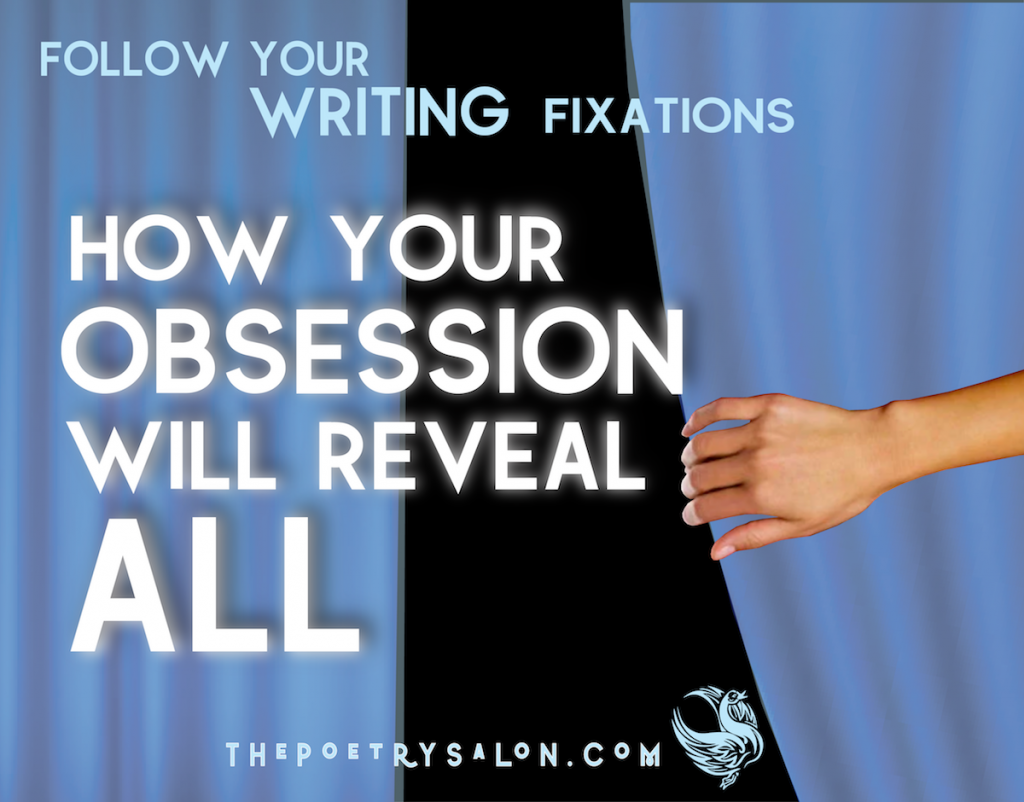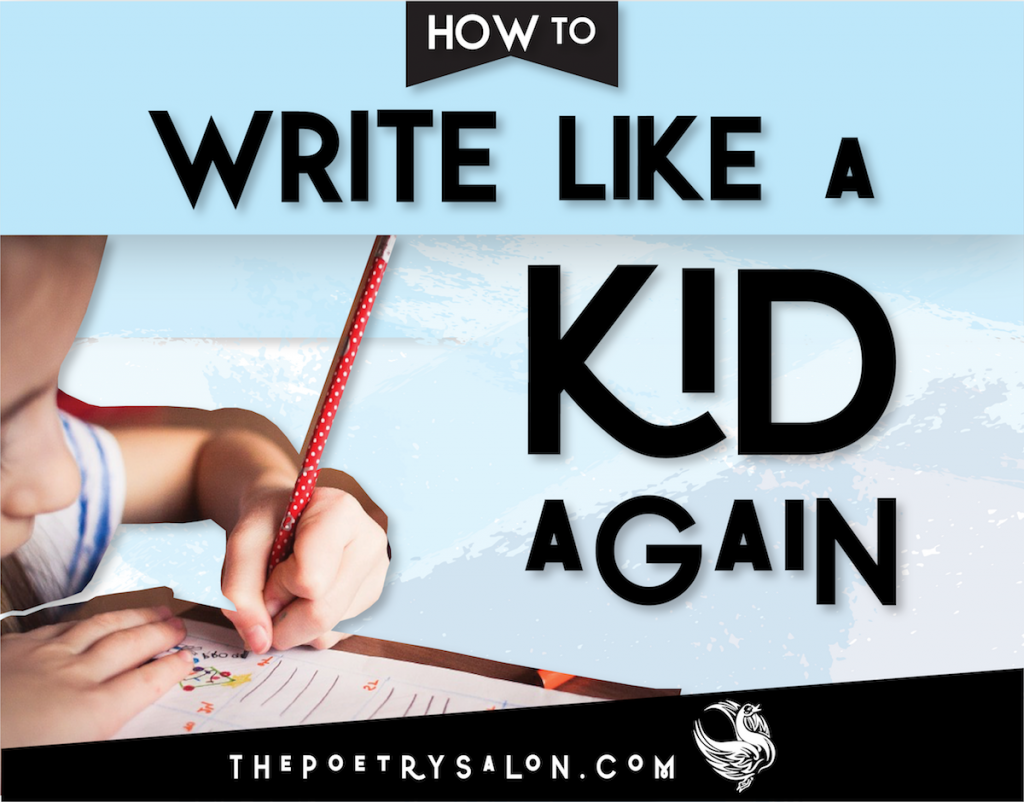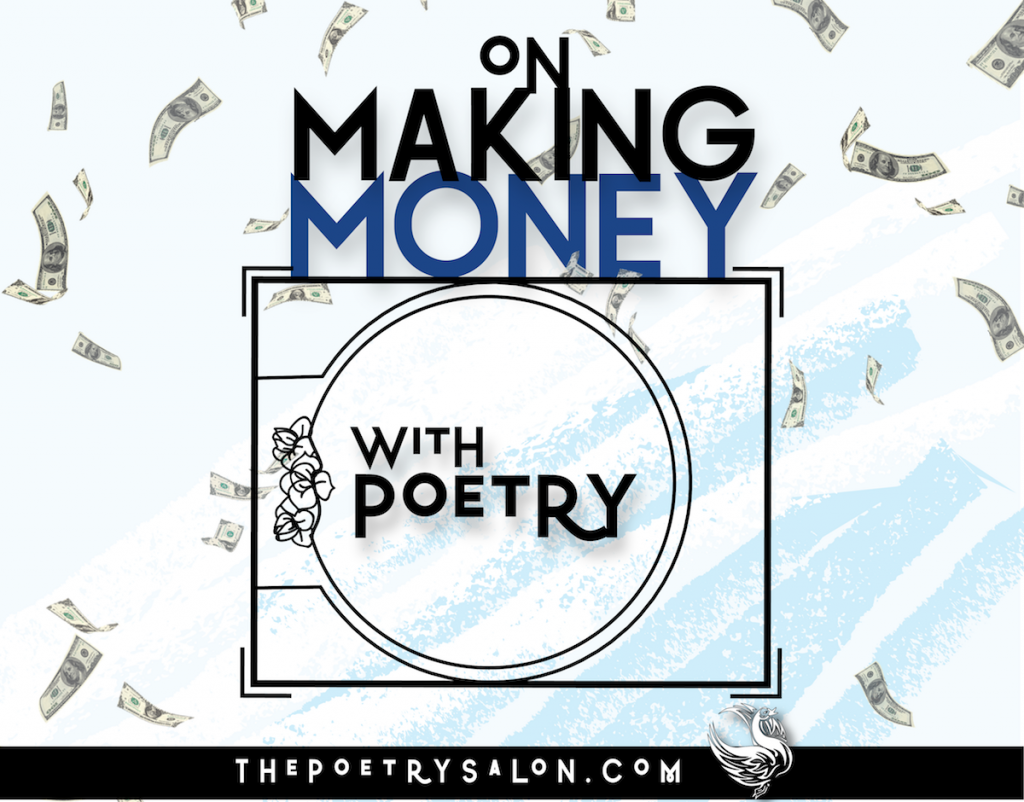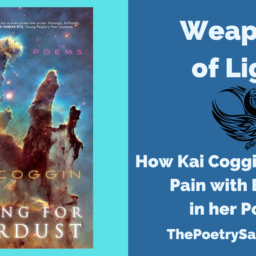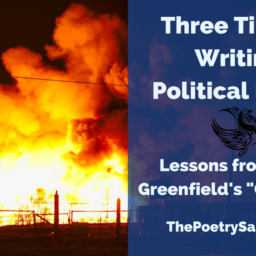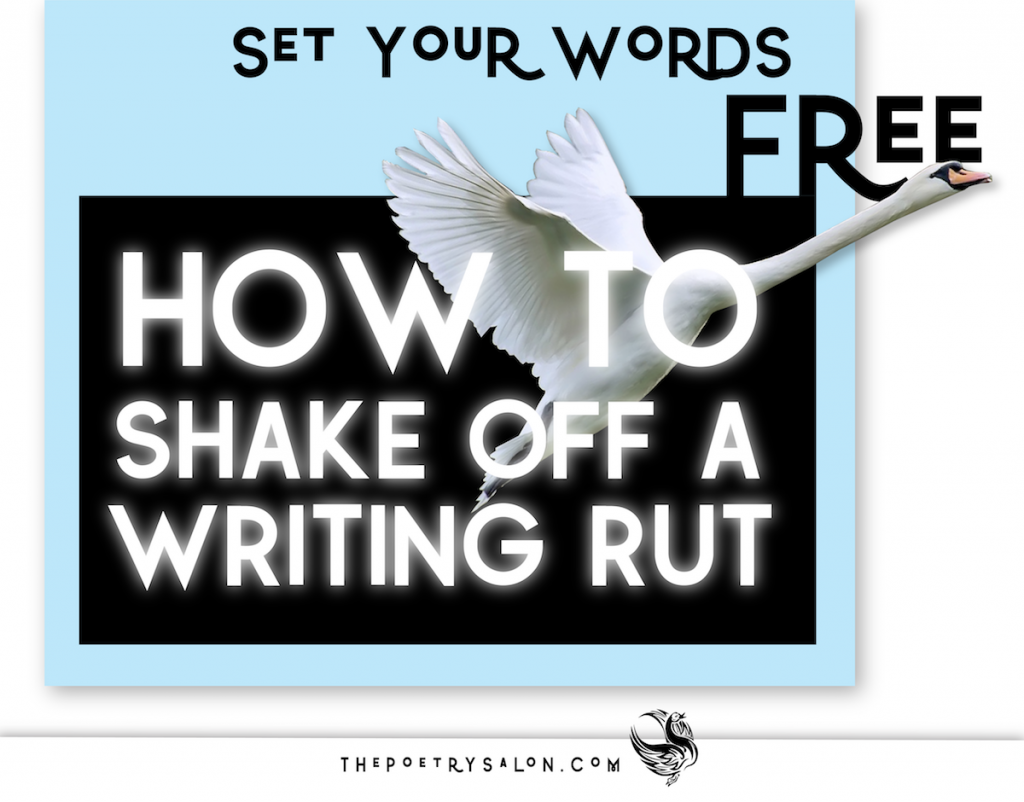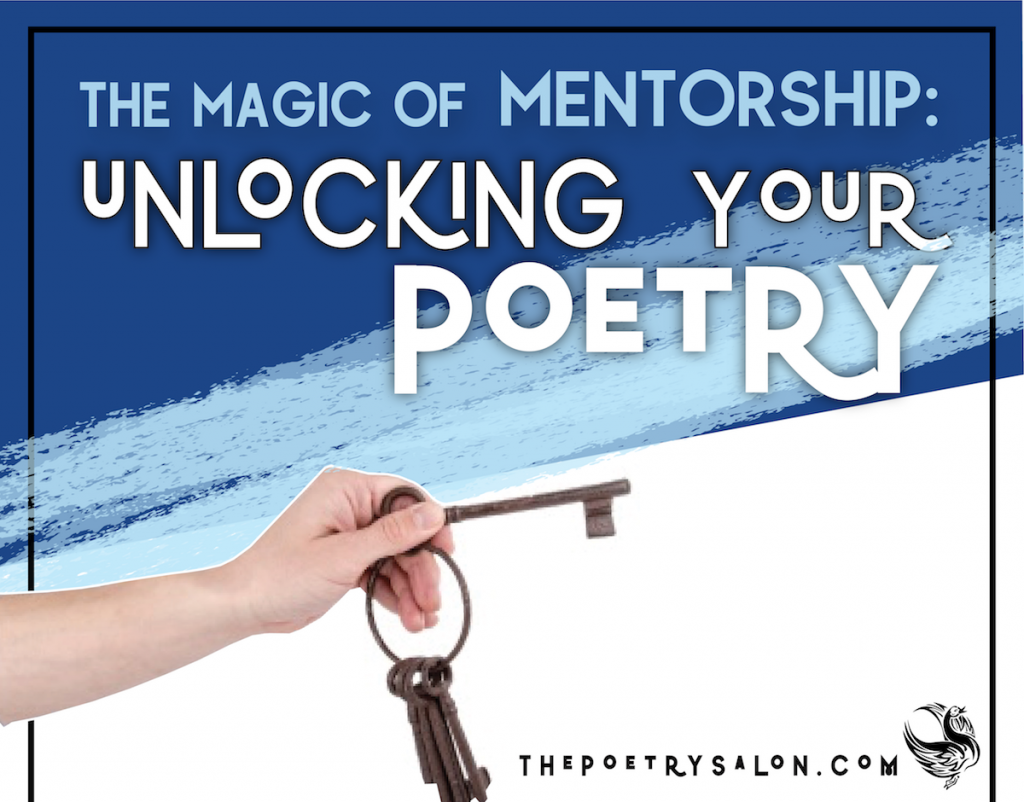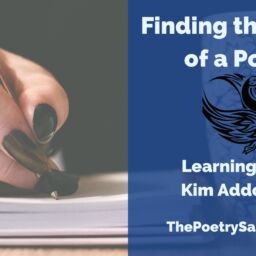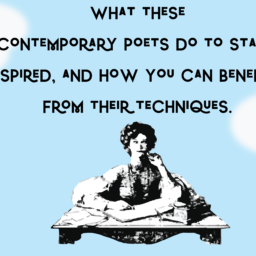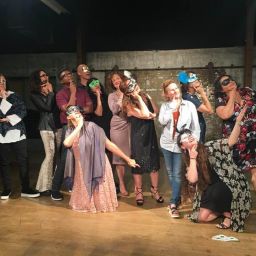“Even singing a sad song requires an absolute happiness.” – Galway Kinnel
Can you make poetry fun, even when it is about serious subjects? I’ve been reading Cameron Morse’s sixth book of poetry, Far Other (Woodley Press, November, 2020). It focuses on the questions of mortality, spirituality, and the confessional tradition as he wrestles with his cancer, the tasks of being a stay-at-home dad, and rereading Confessions by St. Augustine. In our interview we discussed many of his themes, including the history of the confessional tradition, our evolving knowledge of what it means to be a child, the influence of religion on poetry and even Western and Eastern thought in general.
I was struck by the playfulness in Cameron’s work, specifically the way he allows words to play off each other, even when writing a poem about serious subjects. This hasn’t always been the case for Cameron. He related an early experience in which his poetry professor directly told him he was being too serious, and how since then, breaking out of that seriousness in his writing has been an ongoing process. In his latest collection he discusses finding, being delighted by, and ultimately surrendering to the play of the poetry. He found his freedom in the ability to take control of and have fun with the language.
Let’s look at this example.
House Church
A pill bug rolls along the garage door sill, antennae glimpsing leaf
bits and catkins. In the family room, the virtual church service
commences. A morning much like this, three weeks ago, I
stepped in mud and split my olecranon process into three pieces.
In the lawn chair, I let down my arm. Listen to its murmur of
ache, its yips of pain. Out in the drive way, rain bruises the
fractured blocks. A next-door neighbor resorts to mud-jacking.
Others grind their tree stumps, their teeth. Now my elbow
won’t straighten. My answering machine messages go
unanswered for days because of COVID. Another vision says
your job search is futile. The bees in your inbox are buzzing but
their hive queen made off with the congregation. Look no farther
than the crab apple leaves rocking on their stems. Their flutter is
something flighty. Something eyelid. X-ray is a crosshatch of
seven screws, ethereal blue china plate of angry bone.
This poem starts out simply enough, describing a domestic scene. Where it starts to get fun is the line “A next-door neighbor resorts to mud-jacking./ Others grind their tree stumps, their teeth.” He is playing with the associations he can make with “grinding.” It’s fun to make those leaps of the imagination from yard work to the intimacy of what’s inside one’s mouth.
In our interview Cameron also discusses a time he was struggling to write. He wasn’t sure he could make a poem happen or that he had what it takes to finish it. (Yes, even after six books this happens.) At the time he was reading about the color magenta, which, if you don’t know, was named after the site of the 1859 Battle of Magenta during the Italian War of Independence from the Austrian Empire.
Eventually he told himself, stop trying to make it work, and he let that become the first line of the poem below.
Magenta after Magenta
because the dye was discovered the year of the battle
Stop trying
to make it work.
Don’t try.
It will be all right.
Just melt. Allow your
self to melt.
Be moment,
water. Wait for
whatever: Whatever
knows best.
Bless. Be less.
Be little. Forget.
Death will be like this forgetting,
this orange blank
behind your eyelids,
serviceberry pink, almost magenta.
The sapling planted for my unborn
daughter has berried
in an orchard
in Magenta, the color
of the Battle of I
close my eyes.
Bury me here.
Notice the many plays on language in this poem. “Be moment,/water” sounds just like “Wait for// whatever: Whatever/ knows best.” “Bless.” Is only one letter away from “Be less.” This leads to “Be little. Forget.” which leads into the leap “Death will be like this forgetting,”.
Even inside a very serious subject like war, there is a sense of freedom. The meter and flow of poetry allows us to take control of our language, and paradoxically, to lose control of the meaning we might want to impose. It lets the unconscious mind feel safe enough to emerge and speak for itself.
This is part of the magic of writing poetry, that it lets us take raw emotions and experiences and turn them into something musical, something with pattern and energy. We can assemble scattered puzzle pieces into a satisfying tableau that moves us and allows us to move the reader too.
Exercise: If you want to learn from this technique, give it a try yourself. Write a starting line about something mundane, maybe just describing the weather today. As you write, look at the words you are putting down. Do they remind you of any other words? Could you break words apart to create phrases that sound like those words? For example, “Bless” can become “Be less” with the addition of only one letter and a space.” Let this wordplay lead you into new ideas. Surrender. See what happens. Have fun.
